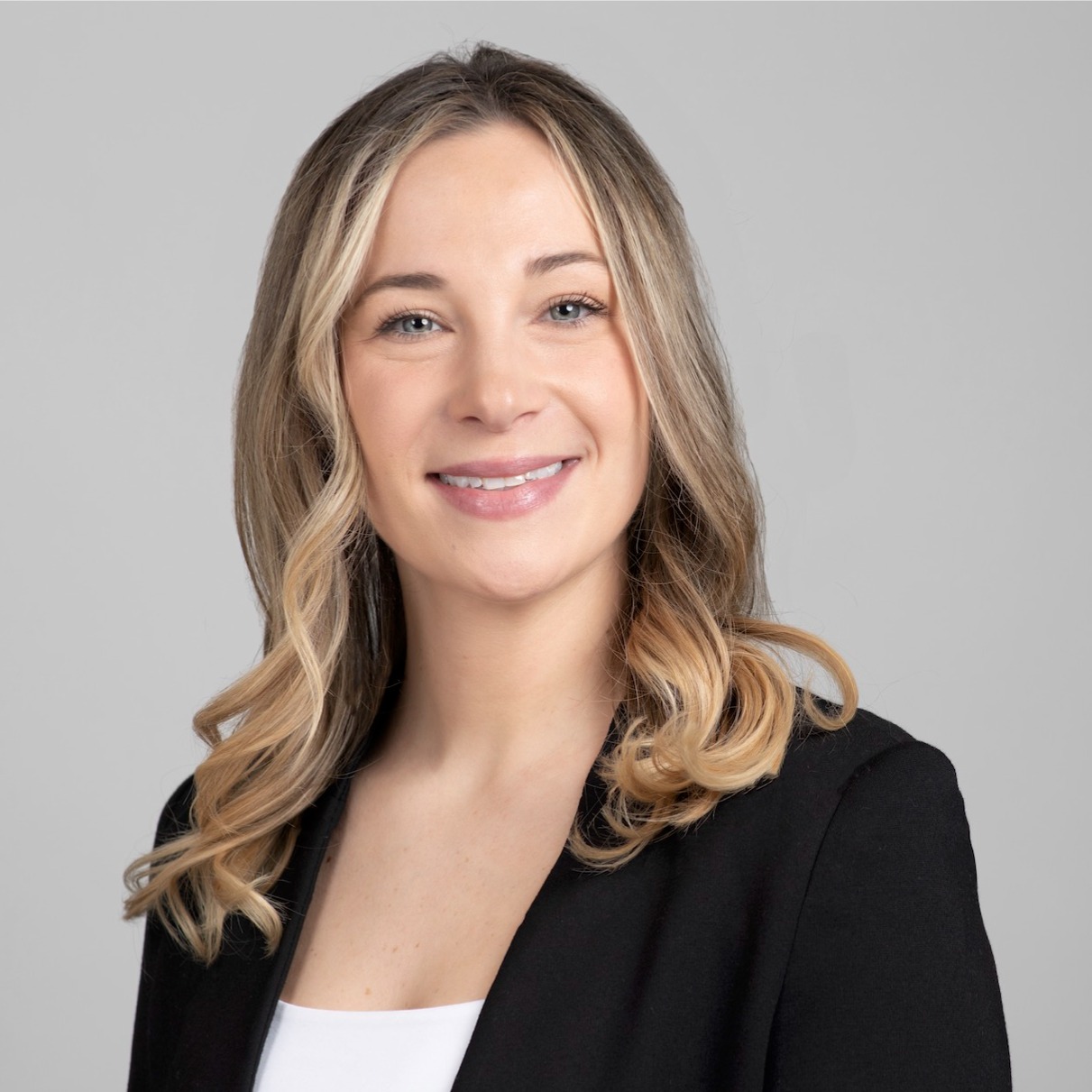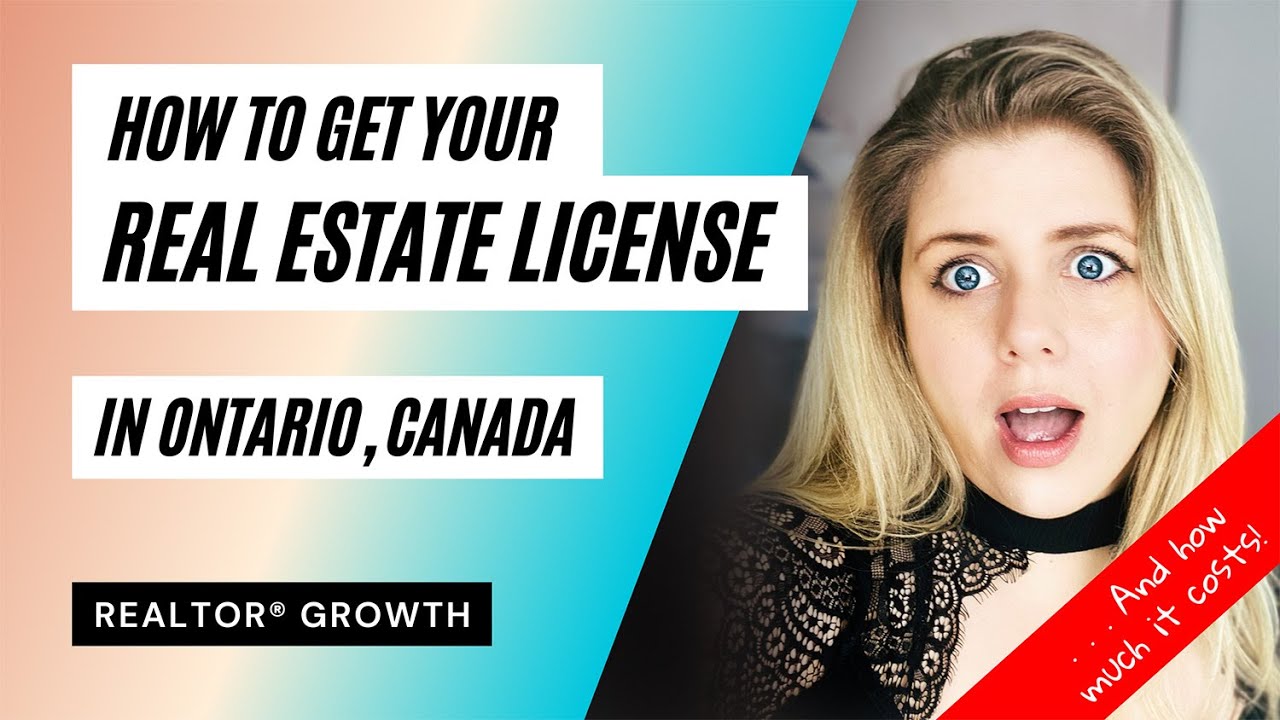
The Georgia Real Estate Commission, (GRC), is a regulatory body that ensures Georgia's licensed real estate professionals can work here. It hears complaints about misconduct and takes disciplinary action against real estate agents. GREC maintains license records, issues reports and can also be used as evidence in cases involving misconduct.
The six-member commission consists of six members. Each member is appointed and confirmed by Senate. They must be interested in consumer affairs, consumer protection and the advancement standards for the real estate sector.
The commission reviews complaints about misconduct against real property brokers. A real estate broker's license may be suspended or revoked. The broker may appeal the decision to the superior judge in the case of a license being revoked. However, the court's power to make a ruling on the facts is limited.

An Independent Contractor agreement is not a partnership. An Independent Contractor is not an employee of a Broker, and neither party can be held liable for breach of contract. Although it is not required, it is a good idea to get an independent contractor license, as this allows you to have more flexibility with your work schedule.
You must complete a pre-licensing class before you are granted a license as a real property broker. This course is offered online and at local real-estate schools. This course gives you a solid foundation in real-estate law. Make sure to include any information from your past when you apply. You should also include any criminal records in your application.
Without completing the 75-hour prelicensing course, you can't get a Georgia real-estate license. After that, you can sit for the exam. The exam is divided into two parts. There's a National Real Estate part and a Supplement for Georgia Salespersons. The state portion has 52 multiple-choice questions, while the national portion has 100.
It is not easy to get a Georgia license as a realty agent. To be eligible for a license you must be at least 18 and have passed a background check. You also need to complete a prelicensing course. You may be required to submit a Georgia Crime Information Center Report and have it certified if you were convicted in the past.

The Georgia Real Estate Commission aims to promote open and free markets. It is a public agency that regulates the licensing process for real estate professionals. It also keeps professionals up-to-date on legal changes.
The GREC website has more information about licensing real estate agents. You will need to meet different requirements in order to be licensed. Some states have more requirements while others have fewer. For more information, contact your local government.
Although the process of getting a Georgia real estate license can be complicated, it is worth the effort if you are interested in this field.
FAQ
What should I do before I purchase a house in my area?
It all depends on how many years you plan to remain there. If you want to stay for at least five years, you must start saving now. However, if you're planning on moving within two years, you don’t need to worry.
Can I get a second mortgage?
Yes. But it's wise to talk to a professional before making a decision about whether or not you want one. A second mortgage is usually used to consolidate existing debts and to finance home improvements.
Do I need flood insurance
Flood Insurance protects against damage caused by flooding. Flood insurance can protect your belongings as well as your mortgage payments. Find out more about flood insurance.
Statistics
- When it came to buying a home in 2015, experts predicted that mortgage rates would surpass five percent, yet interest rates remained below four percent. (fortunebuilders.com)
- Some experts hypothesize that rates will hit five percent by the second half of 2018, but there has been no official confirmation one way or the other. (fortunebuilders.com)
- 10 years ago, homeownership was nearly 70%. (fortunebuilders.com)
- Over the past year, mortgage rates have hovered between 3.9 and 4.5 percent—a less significant increase. (fortunebuilders.com)
- This seems to be a more popular trend as the U.S. Census Bureau reports the homeownership rate was around 65% last year. (fortunebuilders.com)
External Links
How To
How to manage a rental property
It can be a great way for you to make extra income, but there are many things to consider before you rent your house. We'll help you understand what to look for when renting out your home.
Here are the basics to help you start thinking about renting out a home.
-
What is the first thing I should do? You need to assess your finances before renting out your home. If you are in debt, such as mortgage or credit card payments, it may be difficult to pay another person to live in your home while on vacation. You should also check your budget - if you don't have enough money to cover your monthly expenses (rent, utilities, insurance, etc. It may not be worth it.
-
How much does it cost for me to rent my house? There are many factors that go into the calculation of how much you can charge to let your home. These include things like location, size, features, condition, and even the season. It's important to remember that prices vary depending on where you live, so don't expect to get the same rate everywhere. Rightmove has found that the average rent price for a London one-bedroom apartment is PS1,400 per mo. This would translate into a total of PS2,800 per calendar year if you rented your entire home. This is a good amount, but you might make significantly less if you let only a portion of your home.
-
Is it worth it? It's always risky to try something new. But if it gives you extra income, why not? Make sure that you fully understand the terms of any contract before you sign it. Your home will be your own private sanctuary. However, renting your home means you won't have to spend as much time with your family. Make sure you've thought through these issues carefully before signing up!
-
Are there any advantages? So now that you know how much it costs to rent out your home and you're confident that it's worth it, you'll need to think about the advantages. There are plenty of reasons to rent out your home: you could use the money to pay off debt, invest in a holiday, save for a rainy day, or simply enjoy having a break from your everyday life. It's more fun than working every day, regardless of what you choose. Renting could be a full-time career if you plan properly.
-
How do I find tenants? Once you've made the decision that you want your property to be rented out, you must advertise it correctly. Start by listing online using websites like Zoopla and Rightmove. Once potential tenants contact you, you'll need to arrange an interview. This will enable you to evaluate their suitability and verify that they are financially stable enough for you to rent your home.
-
How do I ensure I am covered? You should make sure your home is fully insured against theft, fire, and damage. You will need insurance for your home. This can be done through your landlord directly or with an agent. Your landlord will usually require you to add them as additional insured, which means they'll cover damages caused to your property when you're present. If you are not registered with UK insurers or if your landlord lives abroad, however, this does not apply. In this case, you'll need to register with an international insurer.
-
Sometimes it can feel as though you don’t have the money to spend all day looking at tenants, especially if there are no other jobs. But it's crucial that you put your best foot forward when advertising your property. Post ads online and create a professional-looking site. Also, you will need to complete an application form and provide references. While some prefer to do all the work themselves, others hire professionals who can handle most of it. Interviews will require you to be prepared for any questions.
-
What happens once I find my tenant You will need to notify your tenant about any changes you make, such as changing moving dates, if you have a lease. Otherwise, you can negotiate the length of stay, deposit, and other details. You should remember that although you may be paid after the tenancy ends, you still need money for utilities.
-
How do I collect my rent? When the time comes for you to collect the rent you need to make sure that your tenant has been paying their rent. If your tenant has not paid, you will need to remind them. Any outstanding rents can be deducted from future rents, before you send them a final bill. If you are having difficulty finding your tenant, you can always contact the police. They will not normally expel someone unless there has been a breach of contract. However, they can issue warrants if necessary.
-
What can I do to avoid problems? Renting out your house can make you a lot of money, but it's also important to stay safe. You should install smoke alarms and carbon Monoxide detectors. Security cameras are also a good idea. You should also check that your neighbors' permissions allow you to leave your property unlocked at night and that you have adequate insurance. You should never allow strangers into your home, no matter how they claim to be moving in.